
Education system ‘neglecting the importance of plants’
People are becoming “disconnected from the botanical world” at a time when plants could help solve global environmental problems, warn a group of research scientists.

People are becoming “disconnected from the botanical world” at a time when plants could help solve global environmental problems, warn a group of research scientists.
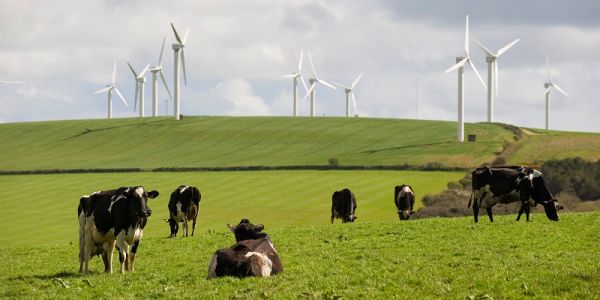
A novel research network aims move the country’s agri-food industry closer to net zero emissions, enabling the UK to meet its 2050 emissions target.

If carbon emissions are limited to slow temperature rise, as many as 6,000 child deaths could be prevented in Africa each year, according to new estimates.
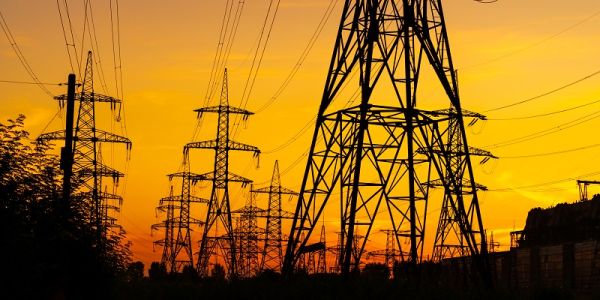
New research shows that the UK can dramatically reduce its energy demand to meet net zero emissions targets by 2050 without negatively impacting quality of life.
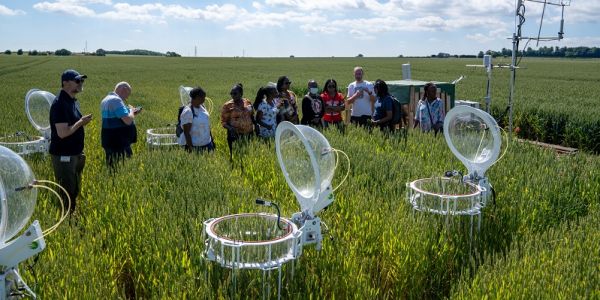
Fellows from six African countries this week joined colleagues at Leeds to strengthen networks and build research and leadership skills, helping to bring sustainable change in African food systems.

The UK’s flying laboratory will remain at the forefront of environmental research following a significant investment by the UK Government.
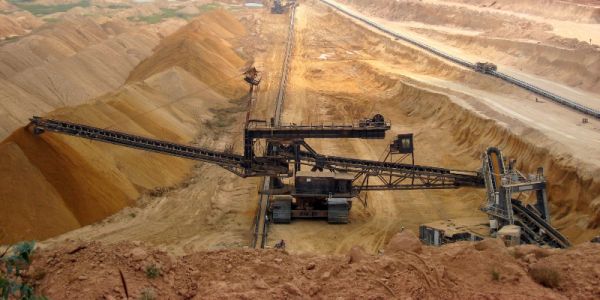
Global mismanagement of phosphorus is threatening food security and polluting water, according to a new report into the use of the finite nutrient.
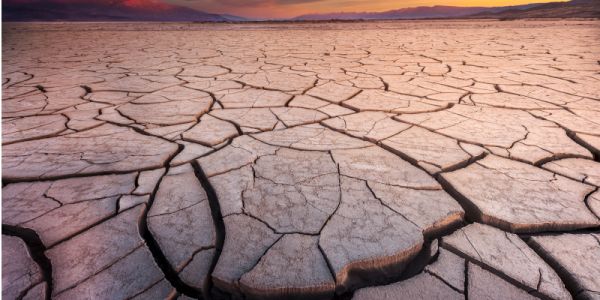
Recent intense heatwaves in India and widespread US droughts have highlighted the need for a global approach to tackling chronic water shortages.

Experts in the field of land management and carbon sequestration are highlighting wool’s unique properties and the positive contribution sheep can make to the continued wellbeing of the planet.

New research shows that private protected areas help conserve underrepresented biomes and highly threatened regions.